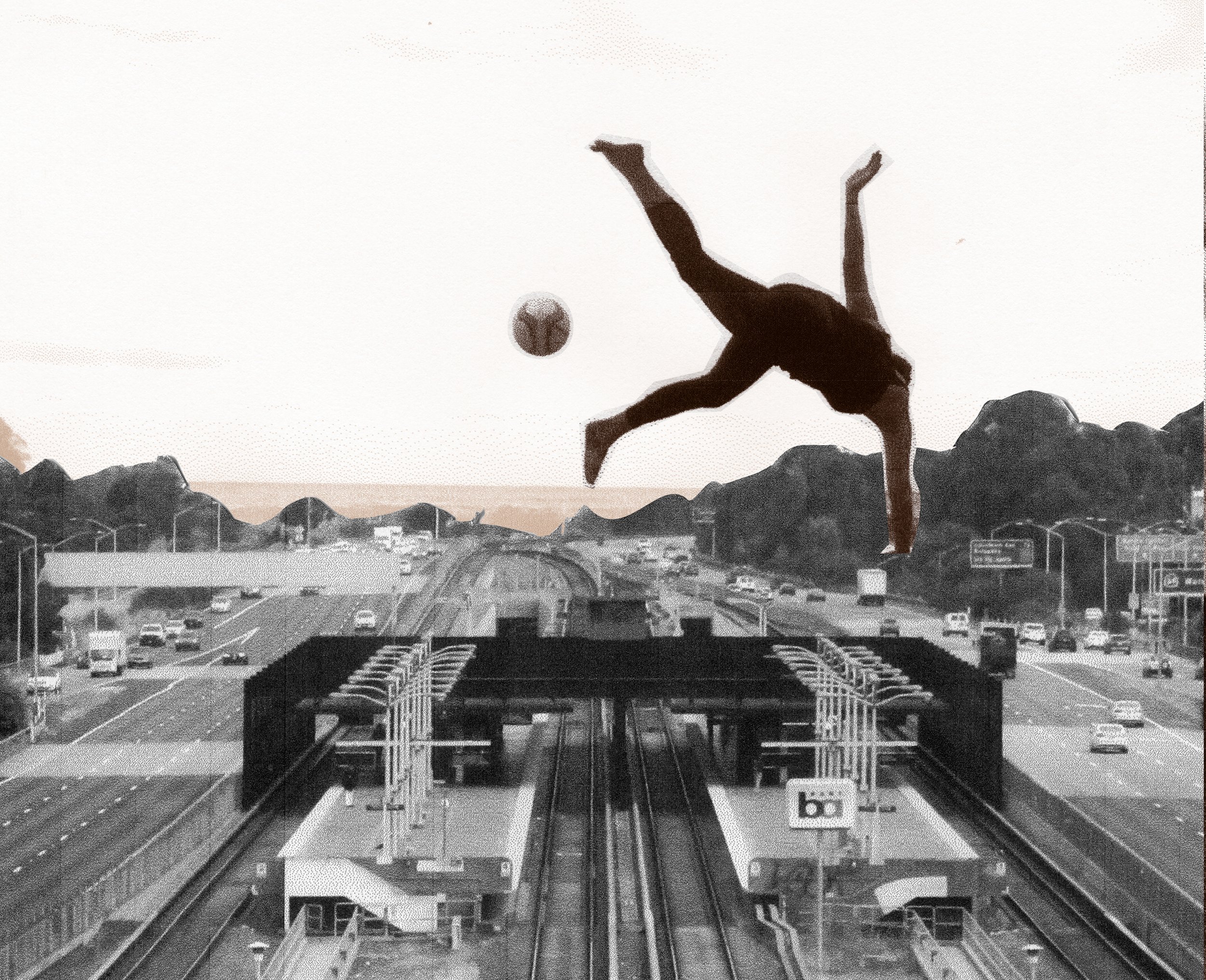
2020Fútbol & Freedom
Story by Niema Jordan | Illustrations by Mike Nicholls
In 1988, a 6-year-old Dania Cabello joined the Rockridge Soccer Club in Oakland. The youngest on a team of mostly eight-year-olds, she didn’t know that futbol would open up new worlds for her. One of three daughters born to Chilean political exiles, Cabello didn’t know the sport would give her access to top-tier education, that she’d have to navigate race, privilege and class as a Brown girl in very White spaces, or that she’d eventually see the sport as a tool for liberation.
Every day, Cabello interacts with soccer and sports in some capacity. Whether she is teaching critical pedagogy at Saint Mary’s College, or developing curriculum for organizations like Futures Without Violence that use sports to further their mission, or combining dance and soccer footwork drills to manifest joy in public spaces, it’s there. However, when asked to describe herself, Cabello doesn’t define herself as an athlete.
“I’m an artist who uses my different tools to explore questions of freedom,” explains Cabello. “A lot of my work centers around questions of freedom and then, with that, health and wellness. And what makes us healthy and well in these different spaces that I move in.”
Understanding herself outside of soccer was a journey that began in her 20’s. Cal (UC Berkeley), where she played for their Division I soccer team. After college, Cabello moved to Brazil where she played for Santos FC, home of the legendary Pele. But, when she returned home, her love for the sport she played more years of her life than not, had waned.
“I realized just how much compartmentalizing of my identity I did—consciously, subconsciously, forced—because of sport. There were so many parts of my identity and my story, just like who I am, that were not relevant and not present at the table,” says Cabello. “It was like, this is a weird middle-class White world that I didn’t want to be a part of.”
Cabello was able to find her way back to the field through community when she joined Left Wing Football Club Oakland—an anti-capitalist, anti-patriarchy, group founded in the early 2000s by Bay Area activists and community organizers.
“It just felt good. It felt like family every Sunday at the park. I borrowed from that concept of what Left Wing was trying to do and thought, if this could be scaffolded differently and introduced to younger folks who maybe don’t have that vocabulary yet, how could we really actually play differently?”
Cabello began to truly connect sports and liberation when she started a soccer club at Life Academy of Health and Bioscience, a high school in Oakland.
“It was right then when I saw these really subtle transformations with the young folks I was working with ... and seeing that with a little bit more intention in the instruction and facilitation of this play and these themes, we can really talk and move through questions of freedom,” Cabello says.
The program, Futbolistas 4 Life, was featured in Jun Stinson’s 2018 documentary by the same name. As the soccer club works to get a field, the audience sees how to two students from undocumented families connect to the game as a source of healing and how Cabello uses her role as coach to help students understand the sport and the injustices in the world around them.
The exploration of liberation and sport is not confined to the classroom or the field. With her crew, Oakland Street Stylers, Cabello takes to the streets, sidewalks and places in Oakland that are over-criminalized, that are under-utilized, that are poorly-designed, with music and a soccer ball to transform the location into a site of joy.
“Oakland Street Stylers is probably where I personally get to just manifest and be all the things and the theories that I talk and explore and think about in the sense that it’s my freedom. It’s my moment of freedom. It’s my moment of freedom. There’s no boundaries.” Says Cabello, “MacArthur BART is one of our home places. Right there, where Nia Wilson was murdered. At MacArthur BART Station, whose name is still connected to militant White supremacy. General Douglas MacArthur. Even if people can’t always see the deeper, deeper layers of why we are at a particular place, it’s always about our freedom and sharing love.”
These days, Cabello is thinking deeply about pushing the boundaries of activism and sports. As prominent athletes stand-up and call for changes in society, she wonders how sports influence how people behave on and off the courts and fields. As community members push for changes in policing, challenge capitalism and confront anti-blackness, where do sports come into play?
“Sport is something that we know reaches so many people ...and it’s predominantly used as a tool of white supremacy,” Cabello explains. “I’m not a lobbyist and I don’t know how to write legal policy. I’m not a journalist, but this is my field. This is my niche to do this work, to talk about racism, to talk about the ways in which White supremacy prevails in these spaces.” U
Learn more about Dania here and check out her project Play in the Afterlife.
——
Niema Jordan is a journalist and filmmaker from Oakland, CA. A former health and relationships editor, she now works in documentary film as a director and producer. Her production credits include Oasis, The Chosen Life, Fatherless and Bobby Kennedy for President. She is currently a story producer on a mental health documentary series slated for 2021. Jordan serves on the Board of Directors at Reel Stories and Oakland Kids First. She is also a member of Delta Sigma Theta Sorority, Inc. Learn more here.



